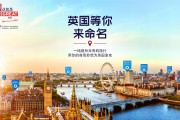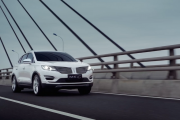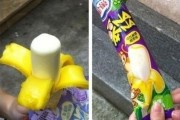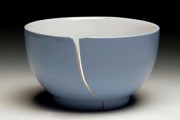
By now many are familiar with the news generated by 11.11’s record breaking sales numbers, but there is another interesting piece of news you may not have heard. A lady from Zhejiang province bought a 20 million RMB 13.3kt diamond ring on TMall, paying 5million RMB though online payment as a deposit.
As people get more comfortable with buying online, the price point they are prepared to pay is rapidly increasing. Luxury products bought on the web are becoming the reality in China.
And this raises important questions for luxury brands.
Have brands thought through their strategy for online sales or are they just dipping their toes in the water? The danger is that the tidal wave of luxury online sales may overwhelm them if they haven’t got their strategies in place.
In particular they have to grapple with the question whether luxury brands will become more or less important in the online environment.
There are two possible outcomes. The first is commoditization, where high quality products nonetheless become commodities in the eyes of consumers. Quality can be assured by peer comments on social sites and choice boiled down to a largely price driven decision. In this scenario the ‘brand’ would become less important and luxury brands could see prices collapse. Only those customers seeking to distinguish themselves by extreme costliness or rarity would select higher priced sources of ‘luxury’. In this case, the key to brand success would be having a well thought out social communication strategy to ensure that the social commentary supports the price point of the brand.
The second scenario is market complexity and consumer uncertainty – consumers may be faced with an overwhelming amount of choice and feature-differentiation, and in the face of such uncertainty will rush to safety and certainty in the form of trusted brands. Here the ‘brand’ becomes the most important driver of consumer choice, and success accrues to brands that have built a high level of brand awareness, coupled with a positive level of social commentary.
Have brands put in the groundwork both to build awareness and positive social responses? For many the answer will be no, since few brands consistently measure the level of positive and negative online sentiment, and brand building online is still often an afterthought. Effective online luxury strategies should at a minimum include 3 focuses around:
1) Experience
For luxury, the retail experience is a large part of the brand. Transferring this experience online is imperative to success, acting in some capacity to justify premium prices.
2) Emotional Branding
Building an emotional connection with the consumer has been proven to drive longer term sales and loyalty. As there is very little rational benefit from buying a luxury good, the emotional link with the consumer is even more important to establish and build upon.
3) Social Support
Creating multiple online touchpoints and integrating effectively will result in the brand benefitting from social support online. Brands should try and create as much positive chatter as possible surrounding the brand, avoiding neutral or negative sentiment.
These 3 elements of online strategy should be at the top of mind for brand managers in 2014, if the next 20M RMB sales are to fall into their hands.







